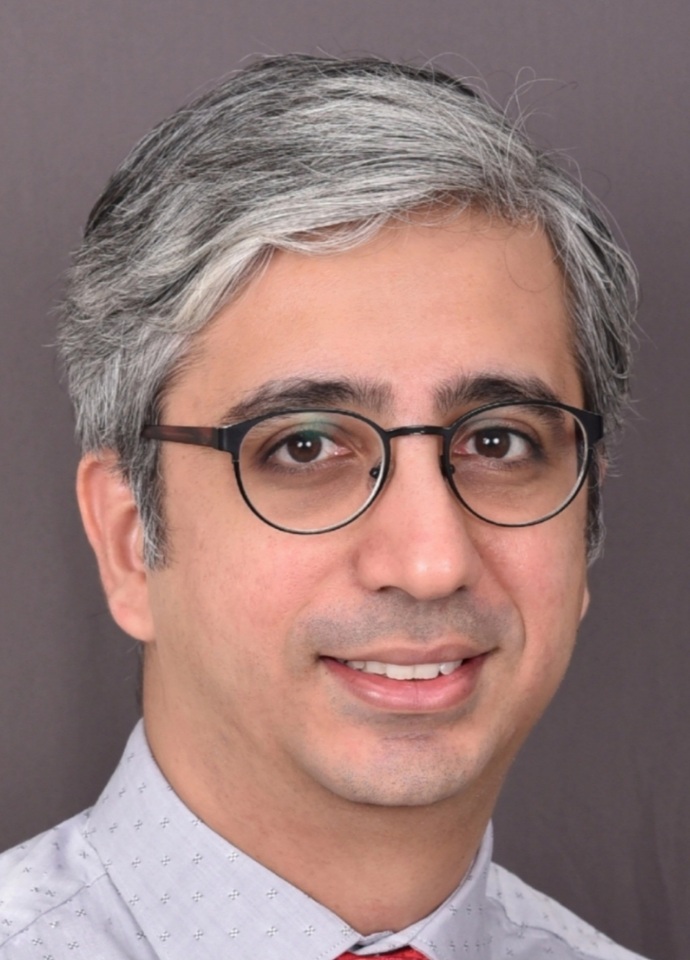The FRCS examinations have for long been considered an elite qualification in ophthalmology. While the format and pattern of the examination will evolve in the future, more so due to the special circumstances brought about by the COVID pandemic, certain principles will continue to prevail.
The examination generally comprises a written component (multiple-choice questions and/or essay questions) and face-to-face components – the viva voce and the clinical stations.
1. Know why you wish to clear this examination
What is your motivation to appear for this examination? Do you wish to prove something to yourself and/or your peers? Are you excited by the prospect of additional degrees? Do you think your job prospects will improve? Once you have a clear goal of what it is that you wish to achieve by becoming an FRCS, your roadmap for appearing and passing the examination will become clear. I would strongly advise against setting down this path half-heartedly or changing one’s mind midway. It is expensive (both monetarily and emotionally) to do so! Please also be forewarned that job prospects and licensing criteria are very dynamic and prone to change.
2. Timing your examination
The FRCS examination is probably best attempted as soon as possible after clearing your qualifying examination. Memory fades and revisiting topics that one does not encounter in day-to-day practice becomes increasingly difficult. Entering into subspeciality practice further alienates one from other fields.
However, this optimal situation requires a high level of motivation, as ideally, one should clear the initial part(s) of the exam during residency itself.
3.Examination Philosophy
Unlike qualifying post-graduate examinations like the DNB and MD/MS, the FRCS examination seeks to determine whether a candidate is capable of practicing the speciality at an independent, consultant level. One’s answer is expected to reflect this, both in its content as well as presentation. Most questions are not ‘theoretical’, but actually test clinical, practical knowledge and experience. The questions are most often in the form of clinical scenarios that test one’s approach, rather than requiring factual lists as answers.
4. Patient Safety
There is a lot of emphasis on patient safety. The systemic implications of diagnosis and treatment cannot be missed. This concept reflects both in the topics that are considered important as well as the nature of questions asked. One’s answer must always stress upon a potentially life-threatening condition or complication. Neuro-ophthalmic disorders with high morbidity and mortality are given particular weightage – these cannot be ignored.
5. Text-books and reading material
As mentioned earlier, most questions follow the pattern of a clinical scenario or case. Hence theoretical knowledge from a text-book will help only to a point. The text-books one studied for one’s qualifying exam (DNB/MD/MS) provide more than enough information. These may have been the textbooks authored or edited by Kanski, Yanoff and Duker, the AAO series, or by Indian authors Khurana or Chaudhari. Whatever you are already familiar with is the best choice. A thorough revision is definitely recommended if significant time has elapsed since you appeared for your qualifying examination.
6. Medical Emergencies
Questions on medical emergencies are best tackled by studying these topics from handbooks. I used the Oxford Handbook of Clinical Medicine, which has a concise section on medical emergencies, replete with flow-charts and dosages. There is a question reserved for this topic in the essay paper of the FRCS Glasgow examination (passing this question is mandatory), but these topics also insinuate themselves into the viva and OSCEs.
7. Have a study-buddy
This examination is different from most qualifying examinations. The application process can also be arduous. Having a study companion definitely helps. You can each make sure that the other sticks to their study schedule, and you can discuss answers and practice clinical techniques on each other.
8. Practice your answers
Oral answers given during the viva and clinical stations need to be practised many times. The FRCS examination is extremely time-bound, and you need to provide as much relevant information as you can in a short time. There is not much scope for stalling or obfuscation. If you do not know the answer, admitting this is the best option, as the examiner may offer you a hint. Long silences are counter-productive as the clock is ticking.
In the clinical stations there is no need for taking a clinical history. Your examination technique is being watched and assessed in addition to the final diagnosis you make. Hence perform the relevant examination in a methodical and correct manner. Remember to make the patient comfortable. Contact procedures like lid eversion or applanation tonometry are not to be demonstrated.
These differ significantly from the DNB/MD/MS examinations and therefore require special practice.
9. Follow instructions
The website provides all the relevant guidelines for prospective candidates. Go through all of them in detail, so that nothing surprises you during the actual examination.
Specific instructions will be given during the examination. For example, one may be asked to examine the pupils, or assess the ocular motility, or examine the anterior segment. Restrict your examination accordingly.
10.Take it easy!
People say that the FRCS examination is not difficult to pass – I would agree. Most failures are due to nervousness and blanking-out. Adequate practice will help prevent this. After clearing the examination you will have a real sense of achievement. Savour it!
